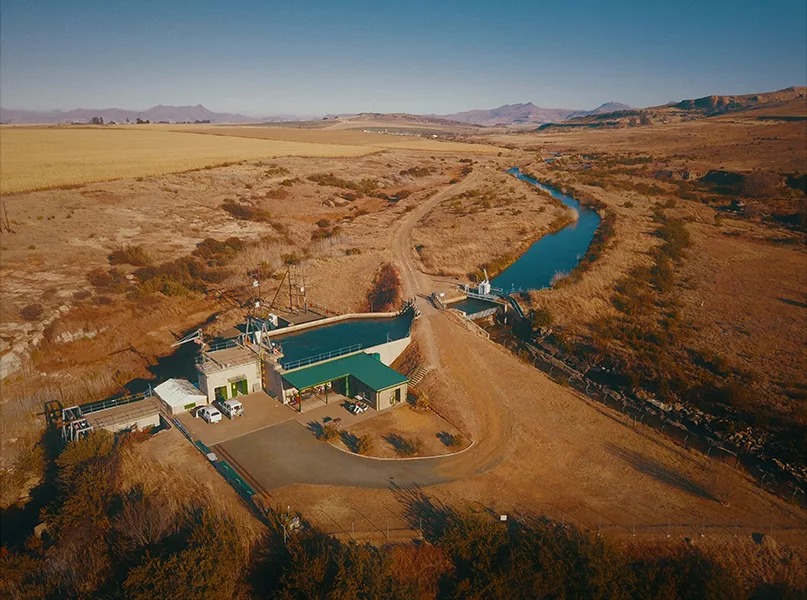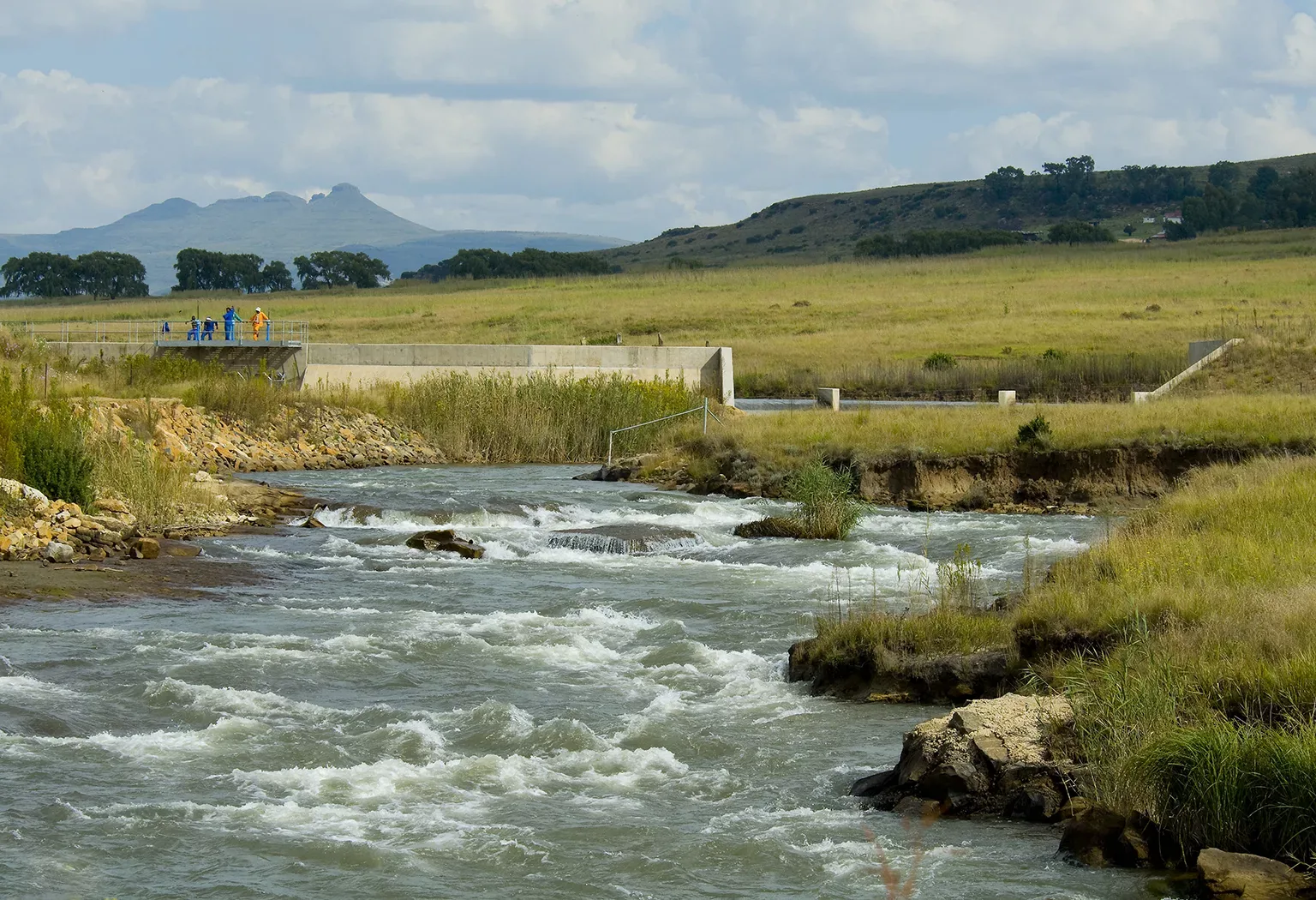Serengeti Energy has harnessed the power to provide clean and affordable energy, contribute to environmental sustainability, and advance economic development. Chief Technical Officer, Brian Brooks, tells us more.
STEWARDS OF THE SERENGETI
Today, in sub-Saharan Africa (SSA), energy demand is surging, and climate change concerns are intensifying daily. In this evolving framework, the role of independent power producers (IPPs) is one of great significance.
As such, Serengeti Energy firmly believes that renewable energy holds the key to unlocking Africa’s potential for a sustainable and prosperous future.
“Our mission is to provide electricity through renewable energy resources in sub-Saharan Africa; we are developing, building, and operating small to medium-sized renewable energy power plants to help support sustainable economic growth in the region,” introduces Brian Brooks, Chief Technical Officerof Serengeti Energy.
Across SSA, each country presents a unique energy landscape, driven by distinct policies, regulations, and market dynamics.
“As a company, our success thus far can be attributed to a thorough understanding of local policy, identifying mutually impactful opportunities for the business and the country, and implementing the right technology mix to ensure the electricity supply is stable and sustainable,” he continues.
Alongside this, the renewable energy landscape in Africa is growing as the demand for power continues. Serengeti Energy is playing its part by investing, developing, constructing, and operating renewable energy power projects that contribute to bridging the energy deficit in SSA.
The region is also vulnerable to climate change and extreme weather conditions, which in some cases cause heavy floods and landslides, impacting on the company’s power plants and the communities around it.
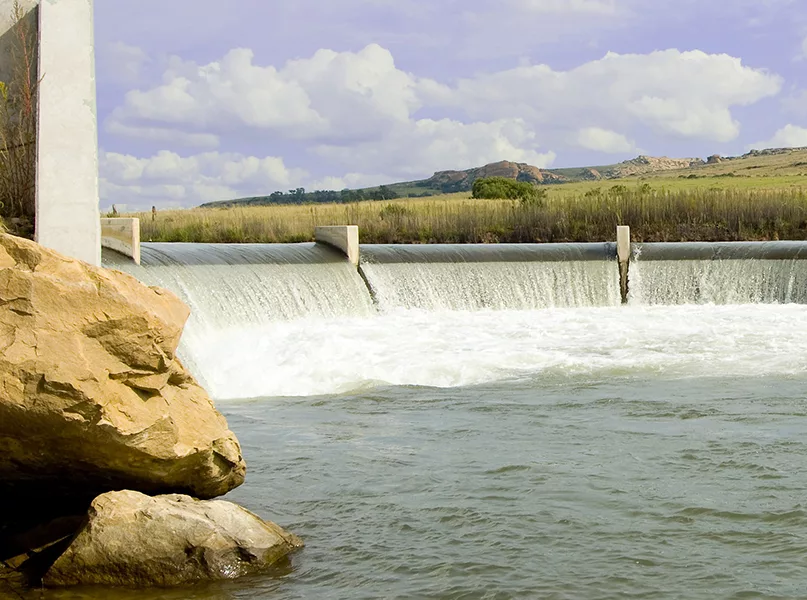
DEVELOPMENT AND COLLABORATION
Collaboration with local stakeholders is a key step in Serengeti Energy’s development process. This involves partnering with government authorities, utilities, and the communities that its projects directly impact. Building trust, ensuring mutual benefit, respecting local values, and addressing its concerns are therefore critical for Serengeti Energy.
“We conduct environmental and social impact assessments to identify potential challenges and mitigate any negative effects on local communities and ecosystems, in strict adherence to local and international regulations and best practices, while ensuring that the project is also viable for the company and its investors in the long term,” Brooks tells us.
Project development also involves the entire journey from inception to operation. It begins with a needs and opportunity assessment in the country that Serengeti Energy intends to develop a project, followed by meticulous site selection, guided by comprehensive resource assessments.
“Next, our experienced development teams analyse the solar irradiation, wind patterns, hydrological data, and other variables, ensuring that our potential projects are strategically constructed in areas where renewable resources are rich, maximising energy generation efficiency,” he adds.
In parallel, the company’s development team reaches out to potential offtakers and public stakeholders to ensure the alignment of the project with its stakeholders’ needs and advance on power purchase agreements (PPAs) and permit discussions.
Once a site is approved, detailed planning and engineering come into play. Serengeti Energy’s engineering and construction team, together with its environmental, social, and governance governance (ESG) teams, collaborate to design projects that are not just energy-efficient but also sustainable.
“We integrate the latest advancements in solar array technology, water-to-wire equipment, and grid protection infrastructure, to optimise the performance and reliability of our installations.”
At Serengeti Energy, the company views investment in renewable energy and development not just as a process but as a commitment to a brighter tomorrow. Collaboration with reliable development finance institutions has provided crucial support, and the company also relies on the Serengeti Energy Technical Assistance Fund to de-risk projects in the development stage, to enable it to focus on making them more viable and attractive to local governments.
“We conduct environmental and social impact assessments to identify potential challenges and mitigate any negative effects on local communities and ecosystems”
Brian Brooks, Chief Technical Officer, Serengeti Energy
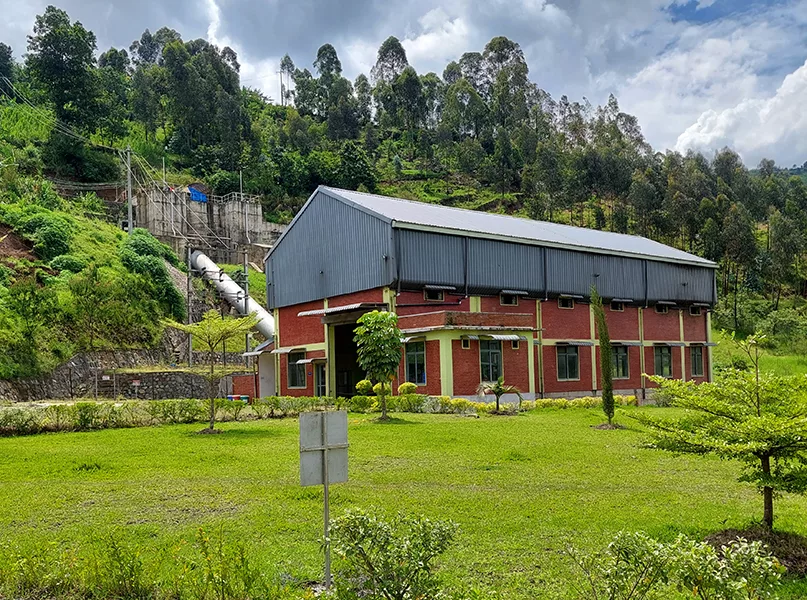
ENVIRONMENTAL STEWARDS
Serengeti Energy is committed to a proactive ESG approach, focusing on minimising negative impacts and fostering positive outcomes.
“Inclusivity is the cornerstone of our strategy; through stakeholder consultations, we cultivate strong community relationships. Gender inclusivity is also a top priority within our ESG mandate, driving our efforts to boost female representation across all organisational levels,” acclaims Brooks.
“Our actions are guided by comprehensive policies addressing diversity, gender equality, and inclusion,” he continues.
Furthermore, Serengeti Energy remains deeply committed to minimising the impact on its communities by engaging in meaningful consultations with all Project Affected Persons (PAPs) throughout project lifecycles. This dedication extends to the development and execution of livelihood restoration measures, effectively mitigating the project’s effects on their income.
“Our Livelihood Restoration Programme (LRP) in Malawi has significantly benefited 120 Project Affected Households (PAH) engaged in agriculture. This initiative includes vocational training, transitional support, and the provision of agricultural inputs.”
Encouragingly, the LRP’s vocational training programme has seen a 71.3 percent success rate and, as such, several beneficiaries have transitioned into entrepreneurial endeavours, aided by start-up kits.
Environmental stewardship is a core priority for Serengeti Energy, evident through the company’s rigorous management of environmental issues as well as being actively engaged in a conservation initiative, exemplified by its Uganda projects’ conservation programme. Collaboratively designed with communities, this initiative emphasises soil protection, catchment conservation, and sustainable livelihoods.
Giving back also remains integral to Serengeti Energy, and its CSR policy champions community-driven projects, empowering local participation and ownership through inclusive community institutions. This impactful approach resonates across all the company’s ongoing CSR initiatives, underscoring its dedication to meaningful community impact.
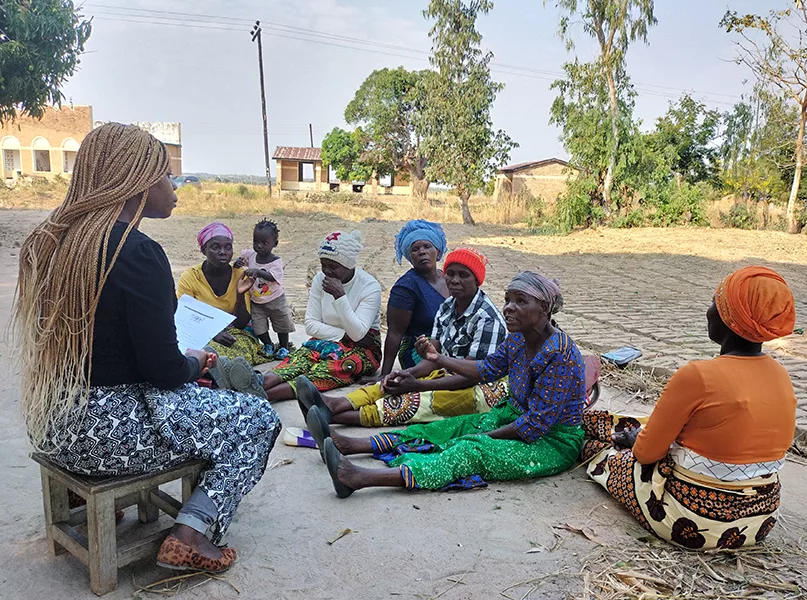
CAPACITY BUILDING FOR THE FUTURE
Capacity building is a key activity within Serengeti Energy and its Technical Assistance (TA) facility and aims to support the sustainable market development for renewable energy in Africa.
The TA fund at Serengeti Energy, which was established to address the shortcomings of the renewable energy generation market, aims to counter issues such as lack of experience from local developers and build capacity with local promoters and financial institutions to support renewable energy projects in underserved regions in SSA.
As part of this mandate, the Serengeti Energy TA facility, and Private Financing Advisory Network (PFAN), a global network that facilitates investments in clean energy and climate adaptation projects, joined forces in 2022 to drive the Umoja Incubator project.
“This was inspired by the shared vision to empower local entrepreneurs and accelerate the development of sustainable energy solutions in underserved communities,” qualifies Brooks.
The Umoja Incubator programme is an initiative designed to identify, mentor, and support local aspiring developers in the renewable energy sector who have big ideas but lack the experience or financial capabilities to bring their projects to completion. Local developers submit their project proposals online for review by a panel of professional judges; thereafter, the best proposals are shortlisted and invited to an in-person workshop to make their final pitches after which the winning renewable energy project is selected and announced. The winning projects enter a partnership with Serengeti Energy where they are taken through several commercial and technical training courses, and eventually receive funding.
Elsewhere, regarding the future of the company, the priority for Serengeti Energy is to continue building small to medium-scale hydro and solar plants with a suitable proportion of battery storage, consistently from year to year.
“In the short term, we will maximise the performance of our existing assets to generate revenue and balance sheet strength to support the growth of the business,” concludes Brooks enthusiastically.
